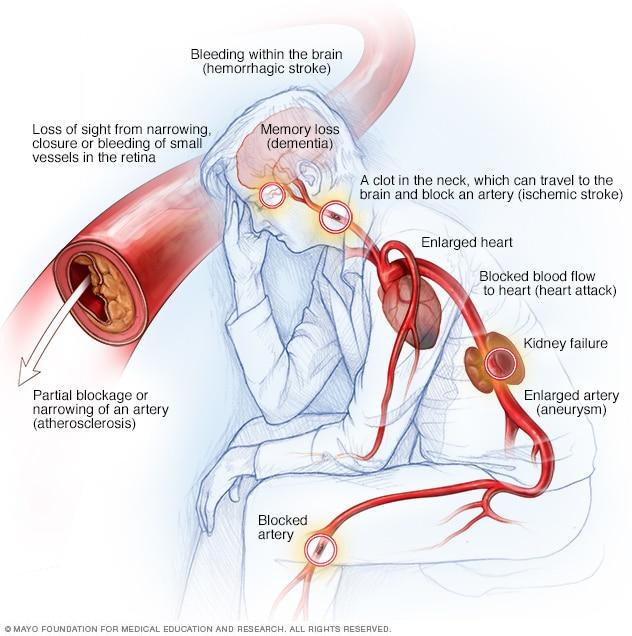In the complex landscape of modern medicine, where hormonal balances often tip the scales of health, testosterone therapy emerges as a fascinating yet controversial player. Traditionally associated with vitality, strength, and the quintessential markers of masculinity, testosterone is now making headlines for its potential role in managing high blood pressure. As cardiovascular health continues to be a pressing concern worldwide, researchers are increasingly exploring the intricate connections between hormones and heart health. This article delves into the evolving narrative of testosterone therapy, uncovering its implications for hypertension management, the underlying science that supports its use, and the nuanced discussions that surround this therapeutic approach. Join us as we navigate the intersection of endocrinology and cardiovascular care, shedding light on a topic that may redefine conventional strategies in the quest for healthier hearts.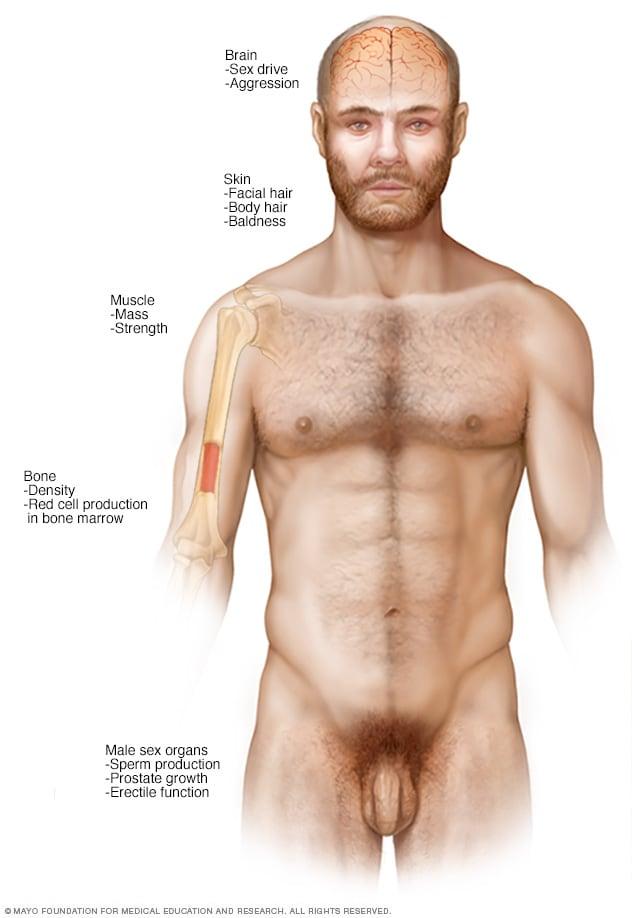
Understanding the Connection Between Testosterone Levels and Blood Pressure
The relationship between testosterone levels and blood pressure is complex, with research indicating that both low and high testosterone levels can influence cardiovascular health. Low testosterone has been associated with an increase in insulin resistance and body fat, both of which are known risk factors for hypertension. Conversely, elevated testosterone levels can lead to increased muscle mass and improved metabolic functions. However, an imbalance can also heighten the risk of cardiovascular issues if testosterone therapy is not carefully monitored. Understanding this duality is vital for effective treatment planning.
Clinical evidence points toward several mechanisms through which testosterone may affect blood pressure:
- Vascular Health: Testosterone may help improve the elasticity of blood vessels.
- Renal Function: It can influence the kidneys’ ability to manage fluid and electrolyte balance.
- Inflammation Reduction: Testosterone’s anti-inflammatory properties may contribute to better cardiovascular outcomes.
To illustrate the varying effects of testosterone therapy, consider the following table summarizing research findings on testosterone levels and blood pressure:
| Testosterone Level | Blood Pressure Effect |
|---|---|
| Low | Increased Hypertension Risk |
| Normal | Stable Blood Pressure |
| High | Increased Risk of Hypertension or Cardiovascular Events |
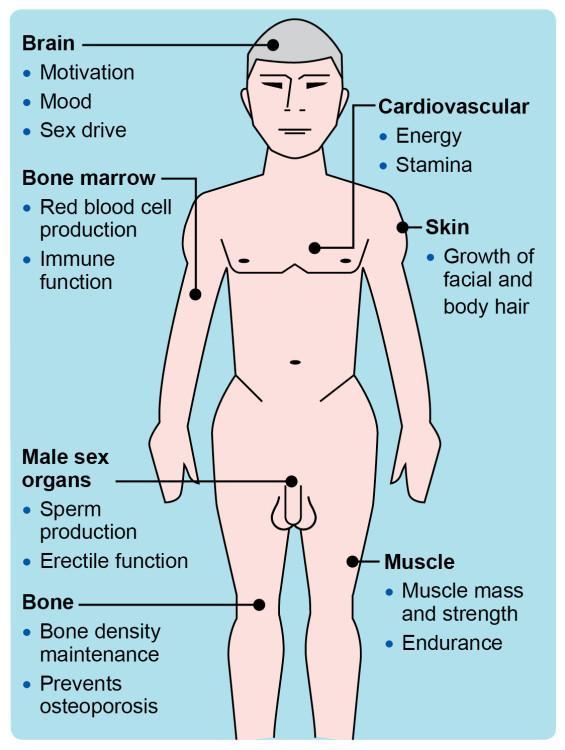
Exploring the Mechanisms: How Testosterone Influences Cardiovascular Health
The relationship between testosterone and cardiovascular health is multifaceted, revealing intriguing mechanisms through which this hormone exerts its influence. Primarily, testosterone is known to impact the endothelial function, which is crucial for maintaining vascular health. When testosterone levels are optimal, it promotes vasodilation, enhancing blood flow and reducing arterial stiffness. This is essential for individuals with high blood pressure, as improved endothelial function can lead to a decrease in vascular resistance. Additionally, testosterone plays a role in regulating lipid profiles, which is significant in preventing atherosclerosis, a condition often linked to hypertension.
Furthermore, testosterone’s effect on muscle mass and strength cannot be overlooked, as increased muscle mass contributes to overall metabolic health. Evidence suggests that testosterone therapy may help in the management of body weight and fat distribution, both of which are instrumental in combating high blood pressure. The following factors illustrate the positive connections between testosterone therapy and cardiovascular benefits:
- Improved cholesterol levels: Lowering LDL and raising HDL can help reduce heart disease risk.
- Enhanced insulin sensitivity: This can contribute to better glucose management and less strain on the cardiovascular system.
- Reduced inflammation: Testosterone may work as an anti-inflammatory agent, potentially benefiting heart health.
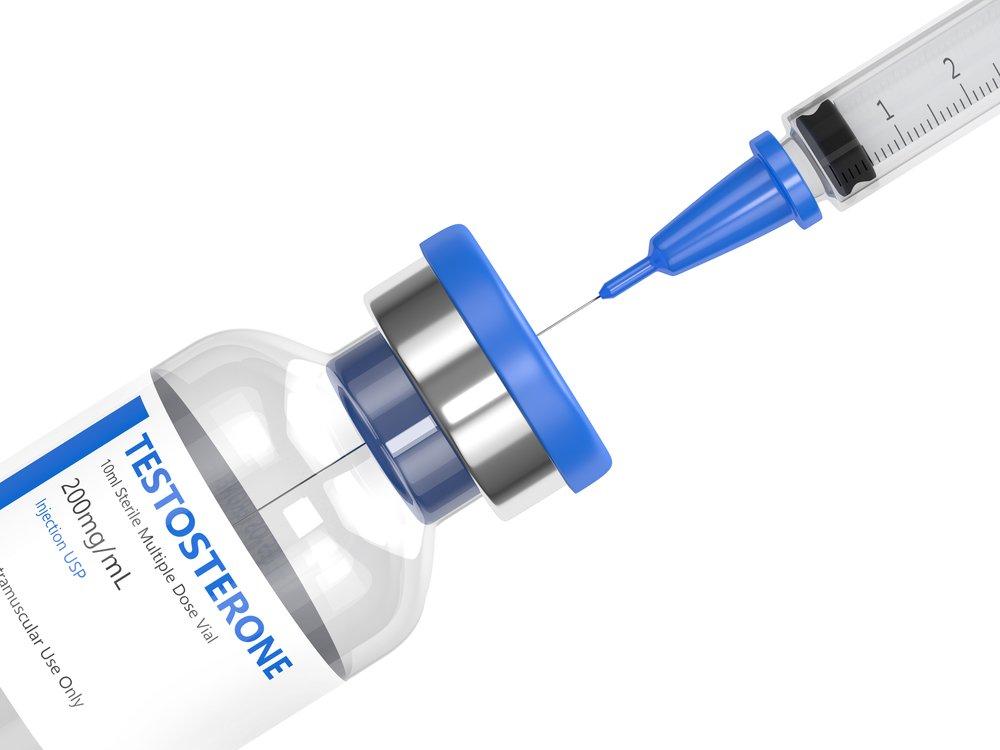
Evaluating the Benefits of Testosterone Therapy for Hypertensive Patients
Testosterone therapy has gained traction as a potential treatment for patients with hypertension, showing promise in managing not only blood pressure levels but also enhancing overall cardiovascular health. Emerging studies suggest that testosterone can positively influence factors such as vascular function and endothelial health, leading to improved arterial compliance. Some of the potential benefits for hypertensive patients include:
- Improved Vascular Function: Testosterone may help dilate blood vessels, potentially reducing peripheral resistance.
- Enhanced Insulin Sensitivity: This could lead to better glucose management, which is crucial since diabetes is a common comorbidity in hypertensive patients.
- Reduced Inflammation: Lower levels of systemic inflammation can positively affect overall cardiovascular health.
In assessing the viability of testosterone therapy, it’s important to weigh these potential benefits against the risks. The balance between lowering blood pressure and the possibility of adverse effects, such as elevated hematocrit levels or cardiovascular events, must be carefully monitored. A thorough evaluation of individual patient factors, including age, health status, and the presence of comorbidities, should guide treatment decisions. Here’s a simple overview of considerations when contemplating testosterone therapy:
| Consideration | Details |
|---|---|
| Age | Patients over 40 may respond differently to therapy. |
| Comorbidities | Certain conditions may contraindicate therapy. |
| Monitoring | Regular check-ups for blood pressure and hormone levels are essential. |
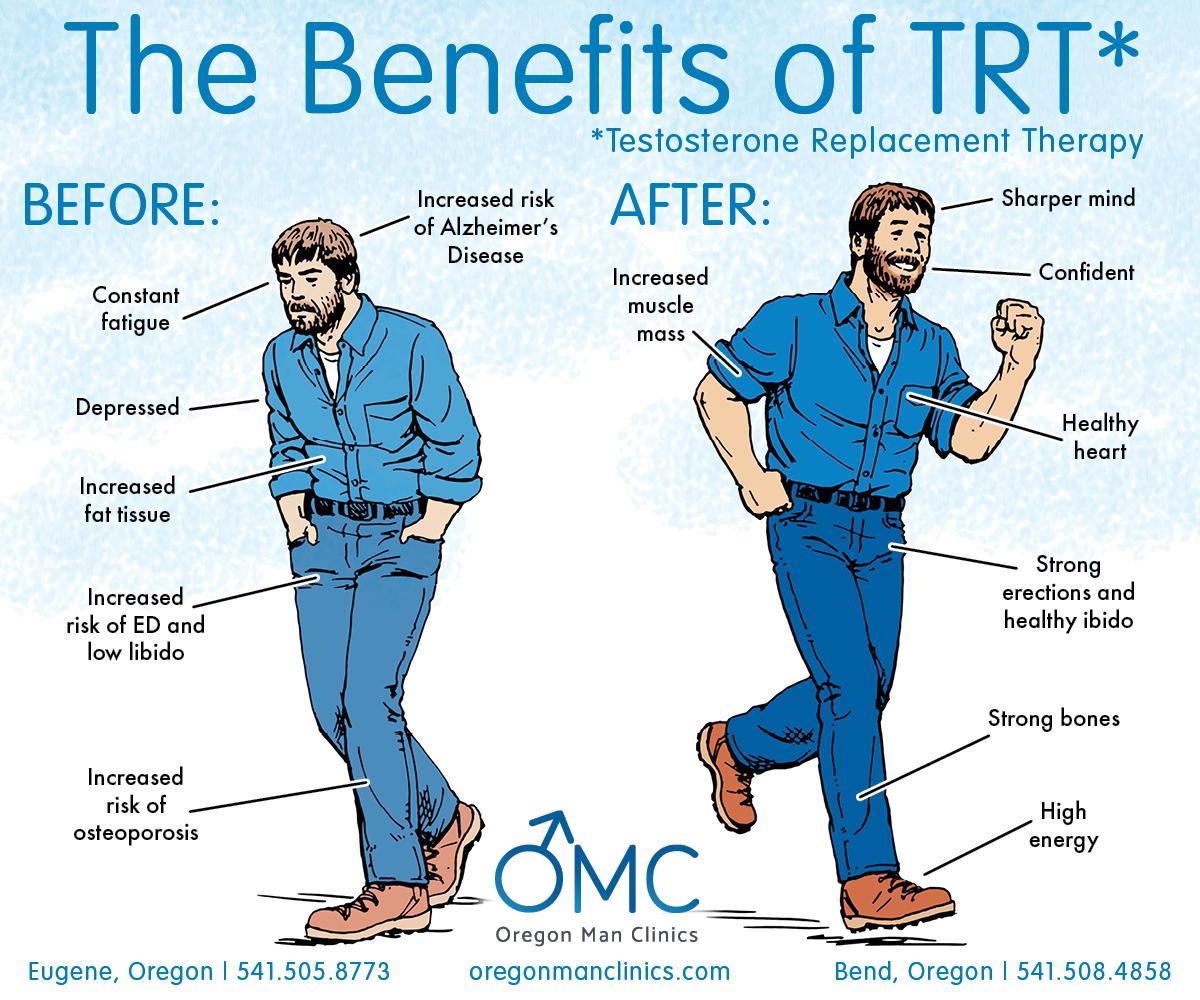
Identifying Risks and Considerations in Testosterone Treatment
When considering testosterone therapy, it is essential to address various potential risks and factors that could influence both treatment outcomes and overall health. Potential side effects may include:
- Cardiovascular Issues – Fluctuations in blood pressure and heart health can occur, necessitating close monitoring.
- Hormonal Imbalance – Improper dosing may lead to adverse effects such as gynecomastia or mood swings.
- Prostate Concerns – Testosterone can stimulate the growth of prostate tissue, increasing the risk of complications.
A significant component to weigh is the individual’s pre-existing health conditions. Individuals with hypertension or heart disease must carefully evaluate their suitability for testosterone therapy. Essential considerations include:
| Consideration | Description |
|---|---|
| Age | Older individuals may face greater risks and will require more extensive evaluations. |
| Dosage | A personalized dosage plan helps to mitigate potential negative effects. |
| Regular Monitoring | Frequent check-ups are crucial to track hormonal levels and blood pressure. |
Practical Guidelines for Monitoring Blood Pressure During Therapy
To effectively manage blood pressure during testosterone therapy, it is essential to establish a routine for monitoring that adheres to recommended practices. Regular checks not only help in adjusting therapy dosages as needed but also contribute to overall cardiovascular health. Here are some fundamental approaches:
- Frequency of Monitoring: Measure blood pressure at least once a week initially, then adjust frequency based on the stability of readings and physician recommendations.
- Timing: Take measurements at the same time each day, preferably in the morning before breakfast and any medications.
- Environment: Ensure a calm environment; sit quietly for five minutes before measuring to achieve accurate results.
- Record Keeping: Maintain a log of all readings, noting the date, time, and any symptoms experienced.
Additionally, understanding the influence of testosterone on blood pressure means being aware of potential side effects and interactions. Keeping track of specific parameters is crucial for tailoring therapy. Consider the following guidelines:
| Parameter | Normal Range | Action |
|---|---|---|
| Systolic Blood Pressure | 90-120 mmHg | Reassess dosage if consistently above |
| Diastolic Blood Pressure | 60-80 mmHg | Consult physician if below or above range |
Ultimately, these practical guidelines foster not only a safe therapeutic environment but also promote proactive management of blood pressure, supporting broader wellness goals during testosterone therapy.
Lifestyle Modifications to Complement Testosterone Therapy
To maximize the benefits of testosterone therapy while managing high blood pressure, consider integrating the following lifestyle modifications into your daily routine:
- Regular Exercise: Engaging in aerobic activities such as walking, cycling, or swimming can enhance cardiovascular health and improve testosterone levels. Aim for at least 150 minutes of moderate exercise weekly.
- Balanced Diet: A nutrient-rich diet that includes lean proteins, whole grains, healthy fats, and plenty of fruits and vegetables can support hormonal balance and blood pressure management.
- Sufficient Sleep: Prioritize restful sleep by establishing a consistent sleep schedule and creating a calming bedtime environment. Aim for 7-9 hours of quality sleep each night.
- Stress Management: Incorporate mindfulness practices like meditation, yoga, or deep-breathing exercises to reduce stress, which can also positively affect testosterone levels.
Additionally, monitoring and altering certain everyday habits can play a crucial role in the effectiveness of testosterone therapy:
| Habit | Recommendation |
|---|---|
| Alcohol Consumption | Limit intake to moderate levels to prevent adverse effects on blood pressure and testosterone levels. |
| Smoking | Quitting smoking can significantly improve overall health and support testosterone therapy. |
| Hydration | Stay well-hydrated. Adequate water intake supports kidney function and promotes healthy blood pressure. |
Consulting with Healthcare Professionals: A Collaborative Approach to Therapy
Effective management of high blood pressure often requires a multifaceted approach, and consulting with healthcare professionals is essential in this process. Engaging in a thorough conversation about testosterone therapy can help patients understand potential benefits and risks tailored to their specific health profiles. Key benefits can include:
- Improved Blood Vessel Function: Testosterone may enhance nitric oxide production, leading to better vasodilation.
- Increased Muscle Mass: With higher testosterone levels, individuals may experience increased muscle mass, which can contribute to overall weight management.
- Enhanced Mood and Energy Levels: Balancing testosterone levels can positively influence mental well-being, encouraging lifestyle changes beneficial for blood pressure.
Collaboration between patients and various healthcare specialists—including endocrinologists, cardiologists, and primary care physicians—is crucial in determining if testosterone therapy is a suitable option. Regular monitoring and adjustments based on individual responses can significantly improve outcomes. In assessing the interplay between testosterone therapy and hypertension management, consider the following factors:
| Factor | Importance |
|---|---|
| Lifestyle Modifications | Essential for long-term control of blood pressure. |
| Medication Interactions | Thorough review to avoid adverse effects. |
| Patient-Specific Health History | Reveals potential risks and contraindications. |
Q&A
Q&A: Testosterone Therapy for High Blood Pressure
Q1: What is testosterone therapy, and why is it being considered for high blood pressure treatment?
A1: Testosterone therapy involves administering testosterone to individuals with low levels of this hormone. The interest in testosterone therapy for high blood pressure springs from research suggesting that testosterone might influence vascular health and blood pressure regulation. Some studies indicate that low testosterone levels are linked with elevated blood pressure, prompting exploration of whether therapy could be an effective treatment.
Q2: How does testosterone influence blood pressure?
A2: Testosterone plays a complex role in cardiovascular health. It can promote the dilation of blood vessels, which may improve blood flow and potentially lower blood pressure. Additionally, testosterone influences body composition, metabolism, and the regulation of other hormones involved in blood pressure control. However, the exact mechanisms remain a topic of ongoing research.
Q3: Who might benefit from testosterone therapy for high blood pressure?
A3: Testosterone therapy may be considered for men diagnosed with hypogonadism, a condition characterized by abnormally low testosterone levels. It is essential to assess an individual’s overall health, blood pressure readings, and potential benefits against any risks before starting therapy. Consultation with a healthcare provider is critical for determining the appropriateness of this treatment.
Q4: Are there any risks associated with testosterone therapy?
A4: Yes, testosterone therapy is not without risks. Potential side effects include increased risk of heart disease, sleep apnea, mood changes, and prostate issues. The therapy may also lead to elevated blood pressure in some individuals. Monitoring by a healthcare professional is crucial to minimize risks and ensure safe treatment.
Q5: What does current research say about the effectiveness of testosterone therapy for high blood pressure?
A5: Current research presents a mixed picture. While some studies have shown improvements in blood pressure and cardiovascular health with testosterone therapy, others indicate no significant effects or even potential increases in blood pressure. More rigorous, long-term studies are needed to fully understand the benefits and drawbacks of testosterone therapy in this context.
Q6: Can testosterone therapy replace standard high blood pressure treatments?
A6: Testosterone therapy is not a replacement for traditional hypertension treatments, such as lifestyle modifications (diet, exercise) or pharmacological interventions (like ACE inhibitors or diuretics). Instead, it may serve as a complementary approach for specific individuals with low testosterone levels who also have high blood pressure, but any treatment plan should be tailored to the individual under professional guidance.
Q7: What should individuals considering testosterone therapy do next?
A7: Individuals contemplating testosterone therapy should first consult a healthcare professional who can conduct appropriate evaluations, including hormone level testing and a comprehensive assessment of cardiovascular health. Open discussions about risks, benefits, and alternative treatment options are essential in making informed decisions about management strategies for high blood pressure.
Q8: Where can I find more information about testosterone therapy and high blood pressure?
A8: Reputable sources for more information include medical websites like the American Heart Association, the Mayo Clinic, and research articles in medical journals. Engaging with a healthcare provider who specializes in hormone therapy or cardiovascular health is also a valuable way to obtain personalized, evidence-based information.
Key Takeaways
the intersection of testosterone therapy and high blood pressure presents a fascinating yet complex landscape in the realm of health and wellness. As research continues to unfold, it becomes increasingly clear that while testosterone may hold promise for certain individuals, it is by no means a one-size-fits-all solution. Navigating the nuances of hormonal treatment requires a thoughtful approach, tailored to the unique needs of each patient.
Whether you are considering testosterone therapy as a potential avenue for managing hypertension or simply seeking to understand this evolving topic, it’s essential to engage in open dialogue with healthcare professionals. By combining clinical insights with personal health goals, you empower yourself to make informed decisions on your journey to better health.
Ultimately, the path forward in managing high blood pressure through testosterone therapy may not be straightforward, but it certainly beckons further exploration, discussion, and ongoing research. As we continue to unravel the complexities of this subject, we encourage you to stay informed, ask questions, and prioritize your well-being in this ever-evolving narrative.

